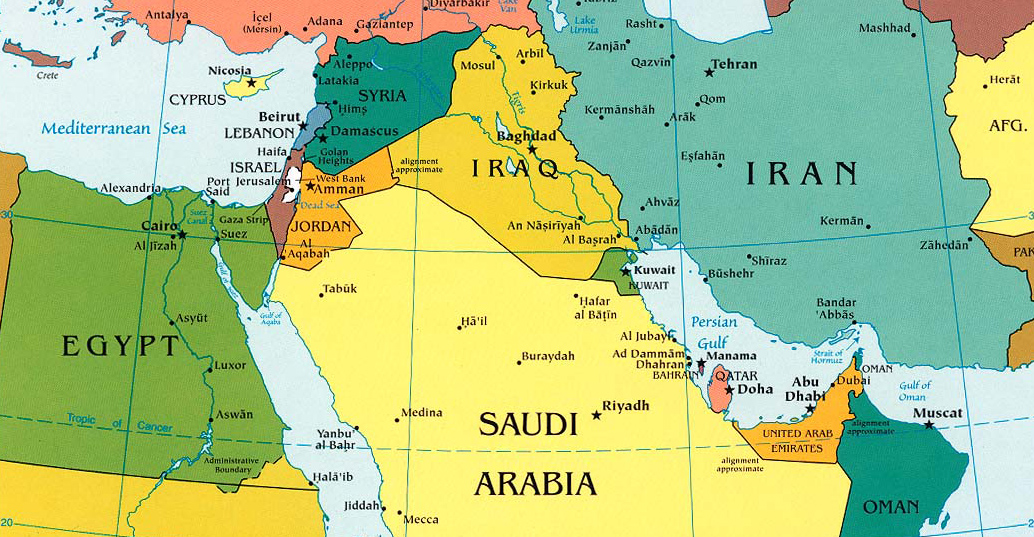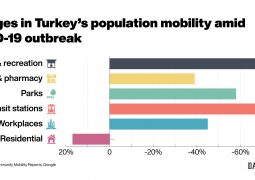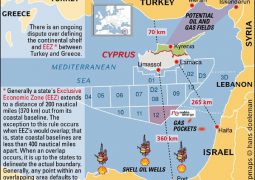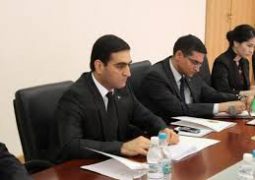Egypt leads Arabs in getting back to normalization with Damascus: Syria and Arab responsibility

It is time to end Syria’s isolation in the Arab world, which did nothing but leave the country and its people hostage to the conflicting interests of foreign powers, writes Laila Takla

Egypt wisely leads the initiative damaskus
What is happening in Syria is a tragedy and an offence against the entire Arab world. To aggravate the pain and sorrow, the management of this crisis is in the hands of outsiders who are indifferent to the Arabs’ wellbeing, or worse, do not wish them to develop and prosper. Each of those outsiders cares only for their own interests and ambitions and the conflicts between them further reduce hopes for a just and peaceful solution. Meanwhile, as foreign powers lock horns over Syria, the numbers of dead, wounded, refugees, displaced persons and orphaned children climb by the thousands per day. The overwhelming majority of these casualties are citizens of a country that has been and should remain a cornerstone of the Arab world.
Millions of civilians remain in grave peril, both those who continue to face the hazards of warfare and destruction, and those condemned to the bitter cold, disease and starvation of refugee camps. I have just read a UNESCO report about children freezing to death in Syria. The Syrian people have endured eight years of suffering. Yet, they are ready to endure longer, bound by the idea that “it is better to lose half our people than to lose our country, our land and our dignity.”
The plight of Syria and its people should compel Arab nations to take strong and positive stances to protect this people, to help them attain peace, to fight the terrorism that threatens all Arab peoples and, at the same time, to prevent non-Arab powers from controlling the fate of a fellow Arab state. If Arab states unified their position and asserted their collective weight, non-Arabs would not be able to play a major role in shaping the future of the Arab region.
The foreign powers vying for control over Syria as though squabbling over guardianship rights to an orphaned child are heedless of the true welfare of that child. The US jumps from one contradictory position to the next. It entered Syria to fight terrorism (and to protect Israel, of course). Suddenly, Trump announces his determination to withdraw US troops from Syria. Then John Bolton says that the US will remain, Pompeo reaffirms “Washington’s commitment to the security of the region” and the State Department announces that “there is no timetable for withdrawal.” Then Trump tweets, “we lost Syria a long time ago. We don’t want to stay there forever.”
Turkey had set its sights on occupying a portion of Syrian territory, putting the Kurds there in its crosshairs. But Erdogan’s dreams of conquest collapsed and he proved unable to fulfil his pledges, made to his “people across the length and breadth of Anatolia”, to topple Al-Assad and massacre the Kurds. The US currently sees Turkey as the US’s heir in the fight against terrorism in the region, as though it had the right to appoint such an heir and despite of the fact that US government agencies are very well aware of the radical differences between Washington’s aims and those of Ankara in Syria. The two sides cannot even agree on who the “terrorists” are. Washington points to the Islamic State (IS) group while Erdogan fingers the Syrian Democratic Forces and the Kurdish People’s Protection Units. In a recent letter to The New York Times, Erdogan betrays his true intentions in Syria. There is documented evidence of his role in supporting IS with arms, money and personnel. Erdogan’s Turkey is supposed to be the US’s ally in Syria, correct? Ankara’s aim is to kill Kurds and to support IS while Washington ostensibly wants to fight IS and protect the Kurds.
Iran has ambitions of its own in Syria and to realise its agenda it sends in planeloads of weapons. Russia is also protecting its interests there and supplying the regime in Damascus with arms. Now, despite Russia and Turkey’s differences over Idlib, their leaders are putting their heads together over how to fill the vacuum now the US plans to leave Syria.
As though this spectre is not already painful enough to awaken the collective Arab spirit, Israel has seized on all available opportunities to enter the fray and further its bid to annex the Golan. Netanyahu, himself, has acknowledged Israeli missile strikes against Iranian locations in Syria. Even France, despite its own domestic woes, wants its share of the fight against terrorism in Syria and then contradicts itself and supports the terrorist Al-Nusra Front.

The Arab boycott of Syria has left that country prey to Turkish and Iranian designs, Russian mediation and American decrees and it kept the Arabs watching from the sidelines as though the tragedy were happening in Timbuktu.
The meetings between some Arab officials and Syrian ministers, the demands for Syria’s return to the Arab League, the visit by an Arab head-of-state to Syria and the restoration of some Arab diplomatic ties with Damascus, are all positive actions but they are still more in the nature of timorous and tentative gestures. What is needed is a sensible and foresighted decision that tells the world unequivocally what the Arab position is with respect to a fellow Arab country and its people. Are we ready and able to do this?
If the Arabs are unable to contribute to formulating a peaceful solution to the Syrian crisis, are they also unable to take the proper decisions needed to back a peaceful solution and to send the world the message that Syria is not alone? Certainly, such a stance is consistent with the desire of the vast majority — if not all — of the Arab people to come to the rescue of their Syrian brethren. Is the spirit of Arabism strong enough for us to summon the will to realise a Syrian-Arab reconciliation or, at least, rapprochement that will enable us all to concentrate on the confrontation against the real enemy that threatens us all?
The return of Arab ambassadors to Damascus and the return of Syria to the Arab League may not solve the problem, but it is a step and a message that has become necessary in order to save a suffering people and a country that has so many enemies thirsting to grab a part of it and divide it up. Iran will gain no advantage from Syria’s return to the Arab League as long as the members the league remain vigilant. Rather, the question we should ask is whether the Arab government’s disapproval of another Arab government has become an obstacle to saving the Syrian people.
UN Security Council Resolution 2254 calls for negotiations, peace and protecting a people. It does not oblige anyone to commit to the selfish whims of other countries. Has the Arab League, which froze Damascus’s membership when Qatar was chair, lost all moral and humanitarian commitment to the Syrian people? The Arab League is an accurate reflection of the state of Arab governments. Its performance is only as good as the degree of advancement and enlightenment of its members.
An Arab League conference was just held in Beirut to discuss development challenges. Some mention should have been made of the suffering of the Palestinian people. It would have also been appropriate to mention the tragedy of Syrian refugees. We hope this will be rectified in the forthcoming summit in Tunisia.
In Egypt, the Syrians who have sought refuge here are not confined to camps and tents. They live among us and together with us as part of the fabric of social, economic and cultural life in their “second homeland”. We welcome their projects and we respect their determination and resolve.
Ultimately, the Syrian government and the Syrian national opposition have a great responsibility to bear. For the sake of the Syrian people, they should not perpetuate their enmity towards each other. Both sides love their country and believe that they are working to advance its welfare. Political maturity and the true spirit of patriotism should compel them to overcome their stubbornness and intransigence for the sake of their country and its people, above all. Can Arab states work to promote inter-Syrian reconciliation or rapprochement?
- Previous Extreme weather: Sand, rain grips the UAE
- Next History treasure shines always: Developing the site of the Pyramids
















